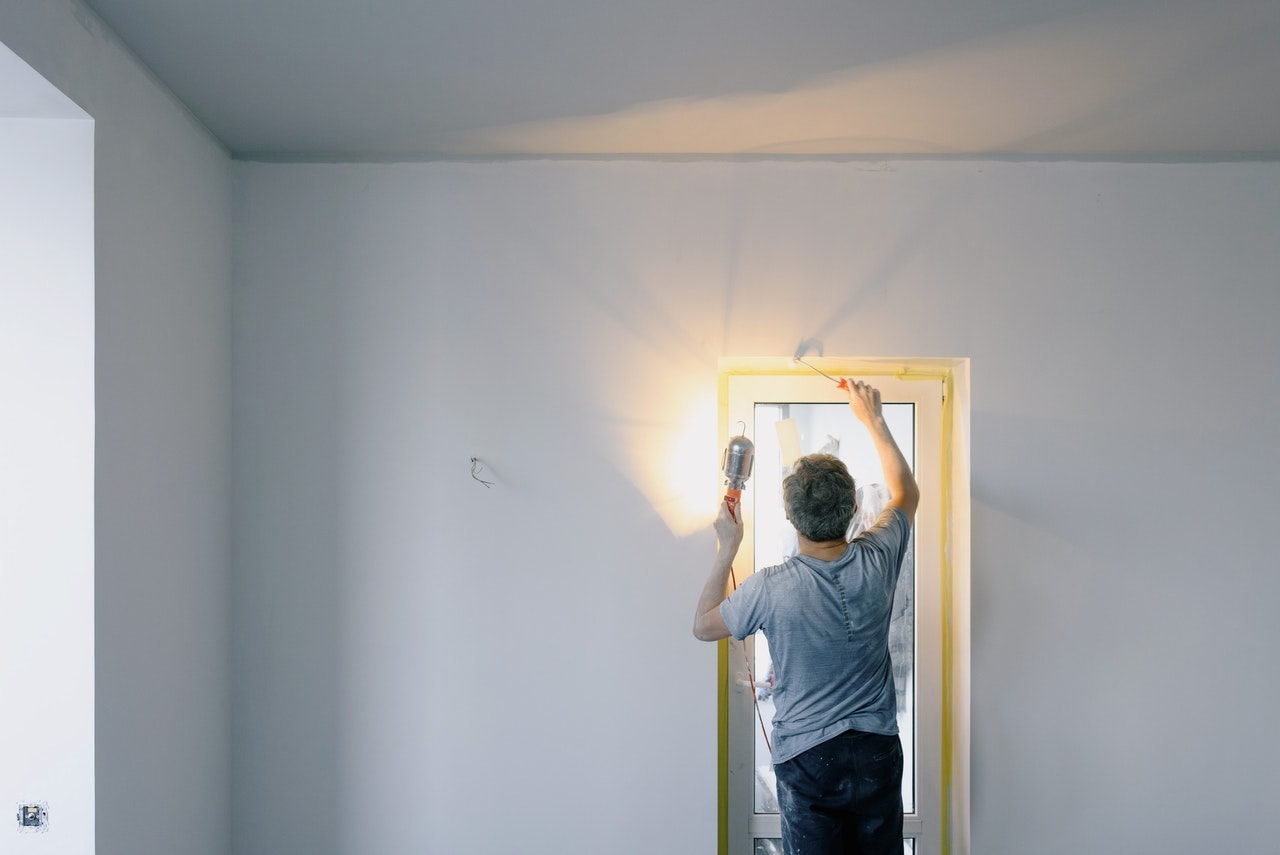To read this guide in Español, please visit https://exprealty.com/guides/que-hacer-si-compraste-una-casa-con-problemas-no-revelados/
There’s probably no worse feeling than buying the house of your dreams, moving in, and realizing one day that there’s a problem, a big problem, and you don’t know what to do about it. You might feel cheated or tricked by the former owners and your knee-jerk reaction might be to go rile up some lawyers for your cause. Before you get the court involved, take a breath and consider your options. If you’re a first time homebuyer in the Tampa, FL real estate market or anywhere else, it’s important to have an idea on how to deal with problems that comes with homebuying. To make that task easier, we’ve come up with this brief guide on what to do if you bought a home with undisclosed problems.
Check the Timeline
The timeline of discovering an undisclosed problem in your house is very important. The best case scenario is that you’ve found the problem after you’ve made an offer on the house in question, but before you’ve fully closed on it and moved in. This “purgatory” stage of the homebuying process is more flexible than you might think. If you’re in a slow market and you’re negotiating with the seller, use one or more of the common contingencies included in the purchase agreement to cover yourself in the event that you find an undisclosed problem with the house.
When you find the problem is as important as what the problem is.
In that case, you can most likely back out or renegotiate the deal with your earnest money intact. Just make sure to consult with your real estate agent before making a big decision like that. The best way to detect undisclosed problems early is to have the house you’re interested in inspected. If you’re in a fierce seller’s market, you might not have enough time to make this happen, but if your offer is accepted, do your utmost to make sure a professional has had a look at the place before you settle on the home.
Some common undisclosed problems a home inspector finds in houses include:
- Problems with the foundation
- Water damage to ceilings and floors
- Electrical problems
- Plumbing issues
- Roof damage
- Mold
These are all mostly obvious, surface-level problems, as well as the most-expensive issues to deal with. Get that home inspected if you want to avoid shelling out twenty thousand dollars to replace a ceiling or a roof after you’ve already bought the home. The cost of an inspection pales in respect to home repairs on that scale.
Small Undisclosed “Problems”
Let’s say you find undisclosed problems after you’ve moved in and closed on a house. Now what? Well, needless to say, it’ll be a lot harder for you to avoid having to pay for these repairs. Fortunately, some problems can be settled relatively painlessly and cheaply. For example, let’s say the previous owner’s left behind a refrigerator, washer-dryer, grill, etc. and one day one of these appliances breaks. You might feel like you’re up a certain creek without a paddle, but you might just be in luck.
Typically, when heavy, expensive appliances like washing machines are left behind by the previous owners, they pass the warranties on those appliances onto you. Dig through your paperwork left over from the homebuying process and see if you can find those warranties. You might just be able to get those appliances fixed free of charge, or better yet, new appliances altogether.
For most small items, it’s not worth the legal proceedings because you have a lot of homework to do anything at all after a sale on top of getting an attorney involved.
Big Undisclosed Problems
Whether you’re buying a home in New York City, NY real estate market, or anywhere else, the first thing you should do is get a lawyer when you discover a huge undisclosed problem. Reach out to the agent who helped you buy your house. Nine times out of ten, they’ll be able to recommend you to a lawyer who’s experienced in disputes between buyers and sellers. Work with your lawyer to determine just who is at fault for the problem with your home not being disclosed to you before you bought it.
It gets a little complicated here as to just who exactly is at fault. Technically, both the buyer and listing agents are responsible for discovering and disclosing problems with the house. Home inspectors are also supposed to find and disclose problems, and if, for any reason, they fail to notice the cracks in your walls or the leak in the roof, that will muddy the waters of who exactly is at fault. In addition, in most states, the seller has a written disclosure statement outlining the problems they know about.
Bottomline
You also have to prove in court that the previous-owner’s knew about the problem and chose not to disclose it. As you can probably guess, this is easier said than done. If it looks like they’ve obscured the problem by painting over it or hiding it in any way, you can probably use that as evidence against them, but that’s your lawyer’s problem, not yours. Even then, depending on the state, it could still be incredibly difficult. Essentially, you have to prove that the previous sellers lied and did something criminal.
As the old saying goes, “an ounce of prevention is worth a pound of cure.” The best way to deal with undisclosed problems in your recently-bought house is to find them before you buy the house. If you run into that problem after you’ve moved in, look for a lawyer.





